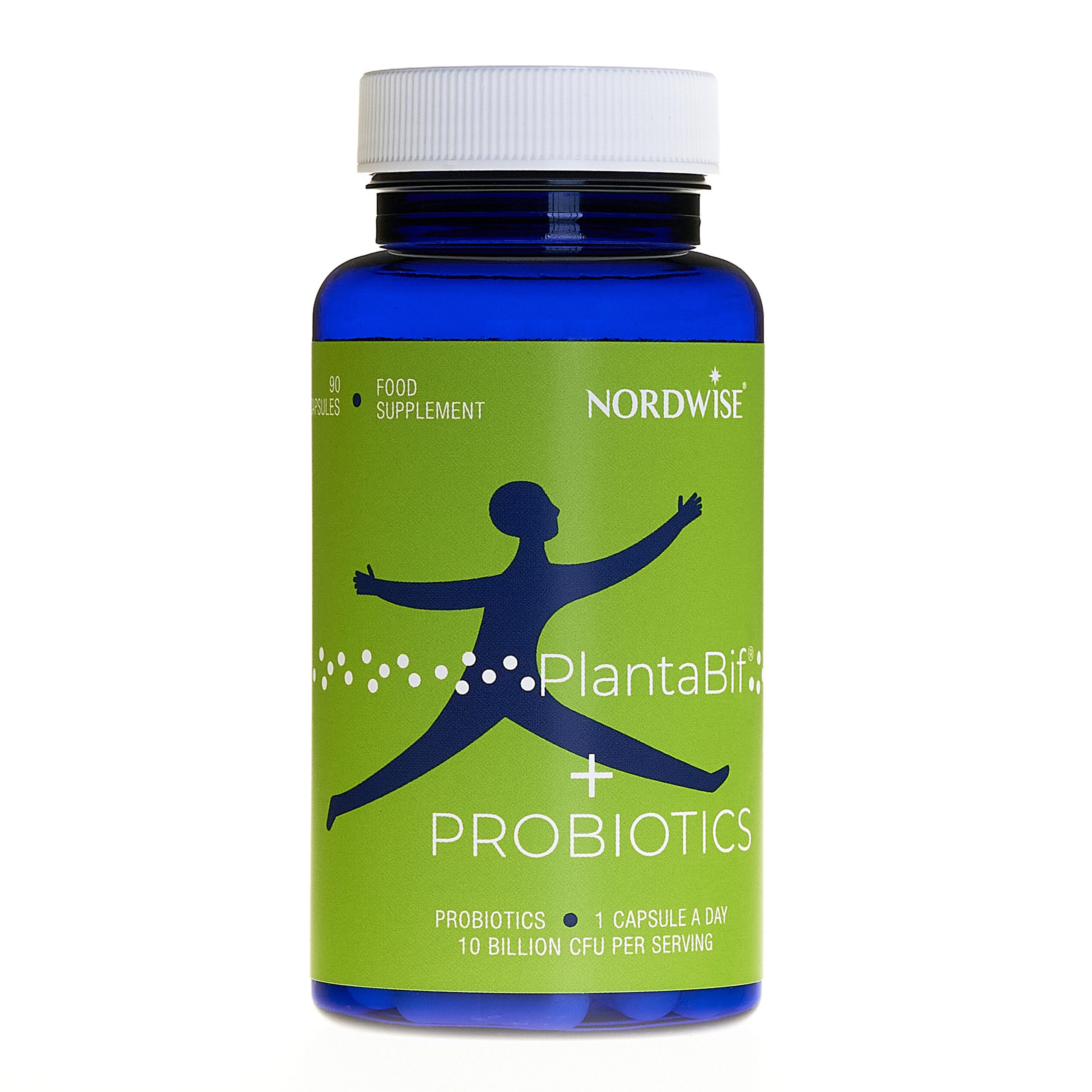INTRODUCTION
How does the digestive microbiota affect our immune system?
In addition to its barrier function, which provides protection against foreign microbes, the gastrointestinal microbiota is very important for the development and function of natural and acquired immunity. The majority (70-80%) of the human body’s immune cells are located in the gut, where there is a so-called duplicative between the microbiota and the immune system. During this dialogue, the immune system shapes the composition of the microbiota, helping the microbes to multiply. The microbiome, in turn, is involved in the regulation of the immune system by producing signaling molecules and various other compounds that affect the body’s metabolism and contribute to the development of immune cells and the development of the necessary immune response. This dialogue between the cells of the human body and a well-balanced microbiota supports the body’s defenses against pathogens and helps the immune system to function normally. The dialogue of a complete, balanced microbiota or a disturbed microbiota with human body cells is different and affects the immune system differently.
Therefore, it is important to take good care of your intestinal microbiotic balance, eg by taking supplements containing probiotic bacteria.
Probiotics, as living, microorganisms specific to the human body, help restore microbial balance in the gut by increasing the number of beneficial bacteria and stimulating the immune system.





